'Bracing for a long season of debate': What faith leaders say as US waits for abortion ruling
The looming decision in the Supreme Court case of Dobbs v. Jackson Women's Health Organization has sparked debate across the nation. It also is being closely watched in communities of faith where, as in America, there are differing views on abortion.
USA TODAY Opinion reached out to multiple faith leaders for their perspectives on what they hope for in the upcoming Supreme Court decision and how their beliefs inform their views on Roe v. Wade.
Here's a sampling of some of the responses:
'Hoping for a sound decision'
As a physician, I daily witness the endearing humanity and perfect liveliness of unborn children. They are my patients, just as their mothers are. Advancements in science since Roe was decided in 1973, especially in imaging technologies like ultrasound and in neonatal care, have shone an ever-brighter spotlight on these littlest patients we serve.
We can see with growing clarity that they are, in fact, living people, and as such, we are increasingly filled with compassion and sympathy for them. These feelings square beautifully with the Christian faith, founded on the revolutionary idea that all human beings are made in the image of God, equal in dignity and equally deserving of respect – no matter their stage in life or their dependency on another.
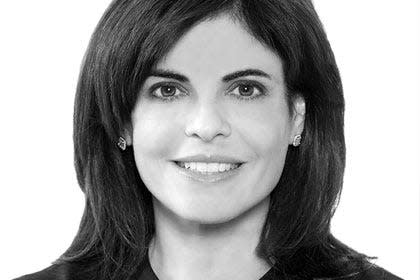
As a Catholic who is committed to this noble idea, and as a doctor who daily marvels at the delicate beauty of my fetal patients, I am hoping for a sound decision from the Supreme Court. The end of Roe may be the beginning, I hope, of a more welcoming and inclusive America, where struggling would-be mothers and their beloved children are given the love, support and protection they deserve.
— Grazie Pozo Christie, M.D., senior fellow with The Catholic Association.
We need to continue to work together despite our differences
While I am an American Ismaili Muslim with my own religiously influenced views on the issue of abortion, I will choose to answer the question from my perspective as founder and president of Interfaith America, which works to advocate for using faith and religious diversity as a bridge in society.
The United States of America is a religiously diverse nation. Religious groups have profoundly different views on a whole range of significant matters, everything from when human life begins to what happens after people die. Where such issues impact law and public life, we should expect legitimate arguments among diverse religious groups. Abortion is, of course, among the most significant issues we debate, and we should expect heated arguments in our public life as the issue becomes more salient in the coming weeks. That is to be expected in a diverse democracy. In addition to guarding against violence, we need to guard against division. Our challenge is not only to guard against violence but also to guard against division.
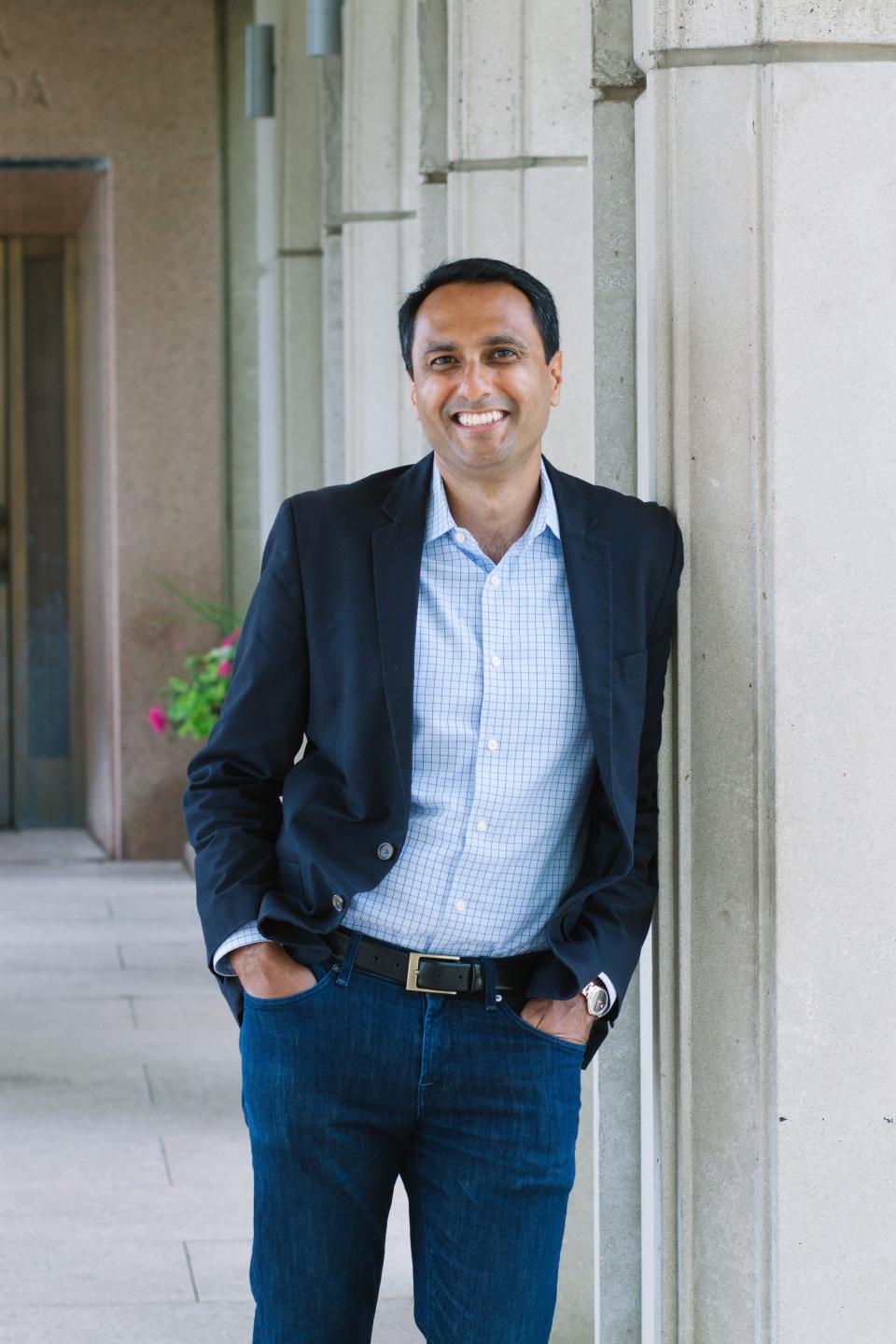
Diversity is not just the differences you like or the viewpoints you already agree with. The only way to have a healthy religiously diverse democracy is for people who disagree on some fundamental things to work together on other fundamental things. Heart surgeons with different views on abortion need to continue to do operations together. Pilots who come down on different sides of the debate need to continue to fly planes together. Little League coaches who vote differently on the matter need to continue to coach together. People have a right to base their views on their identities, whether it is race, religion, sexuality, gender, geography or something else. Healthy democracies have open, searching, mutually enriching discussions on such matters, expecting heated argument but not total division or outright violence.
— Eboo Patel is founder and president of Interfaith America. He is the author of the new book "We Need To Build: Field Notes for Diverse Democracy." Follow him on Twitter: @EbooPatel
Nearly 50 years after Roe, activism still needed
As an African American, openly queer faith leader, I am not a stranger to fearing that I will not have rights to my own personhood, particularly rights to the safety and security of my own body. I live in a reality where my body has been historically commodified, questioned and articulated in the public sphere as disposable. To combat this unjust and unconstitutional disposition, laws have been put in place to protect what is often described as my inalienable rights.
Despite these laws, protections, protests and other acts of uprising, these rights continue to be one legislative act away from being dismantled. I see no difference in the recently heard arguments in Dobbs v. Jackson Women’s Health Organization another direct challenge to Roe V. Wade. Before Roe v. Wade was decided in 1973, many women sought abortions from inexperienced medical providers, posing risks and dangers to their health. I serve as an executive conference minister in the United Church of Christ, where during that period many of our ministers helped to create a network connecting women to doctors who could safely and competently help them. These clergy agreed to break the law and risk their lives to ensure that a woman’s inalienable right to choose was protected.
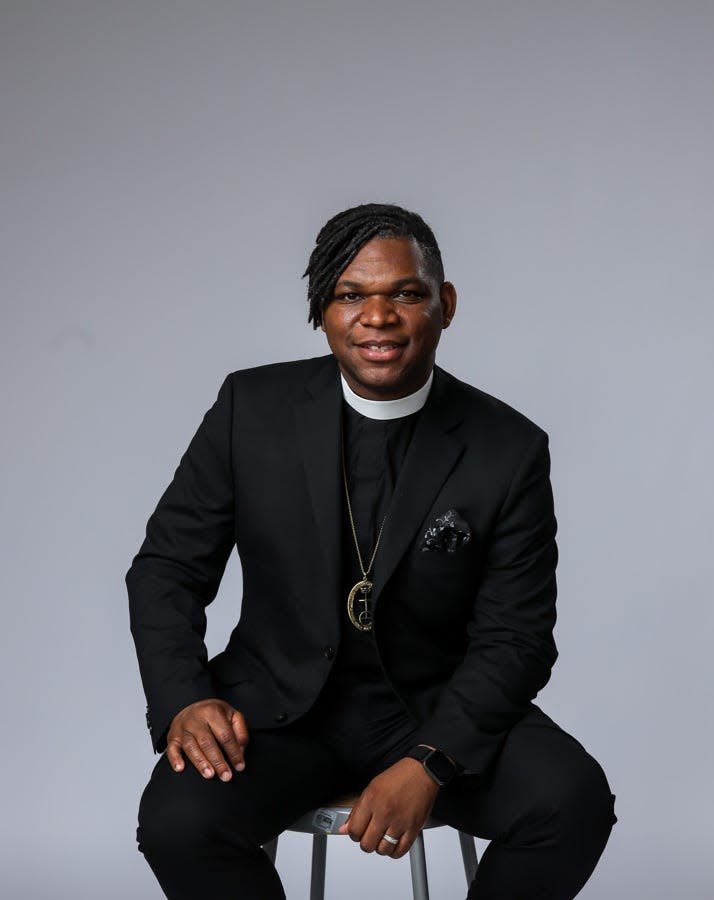
It is unrighteous that almost 50 years later the same activism is still necessary. Nevertheless, my faith will compel me to take the same actions as those brave religious leaders before me. As a human rights issue, reproductive justice promotes the rights of people to bear children they want to have, to not bear children, to raise the children they do have in safe and healthy environments, and express their sexuality without oppression. Any opposition to this is for me a theological opposition to the Scripture that invites all of humanity to “do what is fair and just to your neighbor, be compassionate and loyal in your love, And don’t take yourself too seriously – take God seriously.” (Micah 6:8)
— Rev. Darrell L. Goodwin is executive conference minister of the Southern New England Conference of the United Church of Christ. Follow him on Twitter: @revdgoodwin
'Bracing for a long season of debate'
The leaked opinion draft in Dobbs v. Jackson Women’s Health Organization would not reverse Roe v. Wade in the sense of banning abortion outright. Rather, it would allow each state to debate the issues and write laws regarding abortion. This is the realm in which questions related to this issue should be debated – by lawmakers directly accountable to the people. As a person who embraces the sanctity of all human life, I believe the life of the unborn should be protected by such laws.
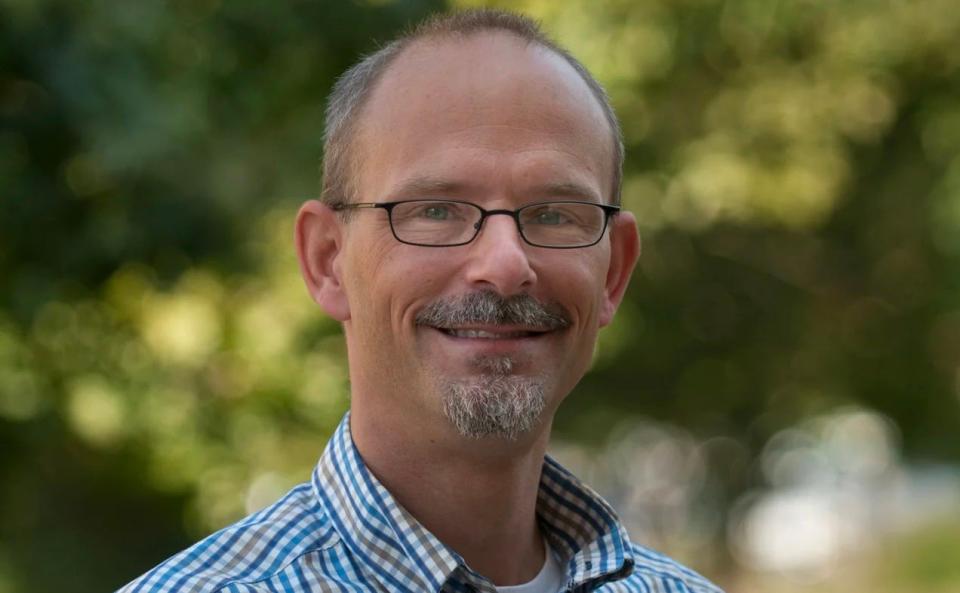
Many Christians who embrace this 2000-year-old view on abortion see the impending decision as a renewed opportunity to follow Christ in acting on behalf of “the least of these” (Matthew 25:45), continuing to labor in compassion and love to give a voice to the voiceless and most vulnerable. At the same time, I acknowledge the messiness and complexity of life decisions and realize my own Christian perspective is but one breath in a storm of controversy.
So, while as a Christian I would celebrate the overturning of Roe v. Wade, I am also bracing myself for a long season of debate in which many voices must be heard, including we who speak on behalf of the unborn.
— Michael J. Svigel, Ph.D., chair and professor of Theological Studies, Dallas Theological Seminary
A new frontier awaited by Christians
Evangelical Christians have joined Roman Catholics to be at the heart of the movement against abortion this century, working toward this moment – when Roe could possibly be overturned. Only a third of Americans say abortion should be legal under any circumstances. By doing so, the United States would move out of a group of seven nations with such extreme abortion laws, alongside North Korea, China and a handful of others.
This is good news, and many Christians have worked tirelessly to see a day where this is possible. But, in a sense, our work is just beginning. In states like mine, the Roe standard remains, and we still have to work to make abortion unthinkable, by helping people to see the value of unborn life and demonstrating consistent and holistic values of life.
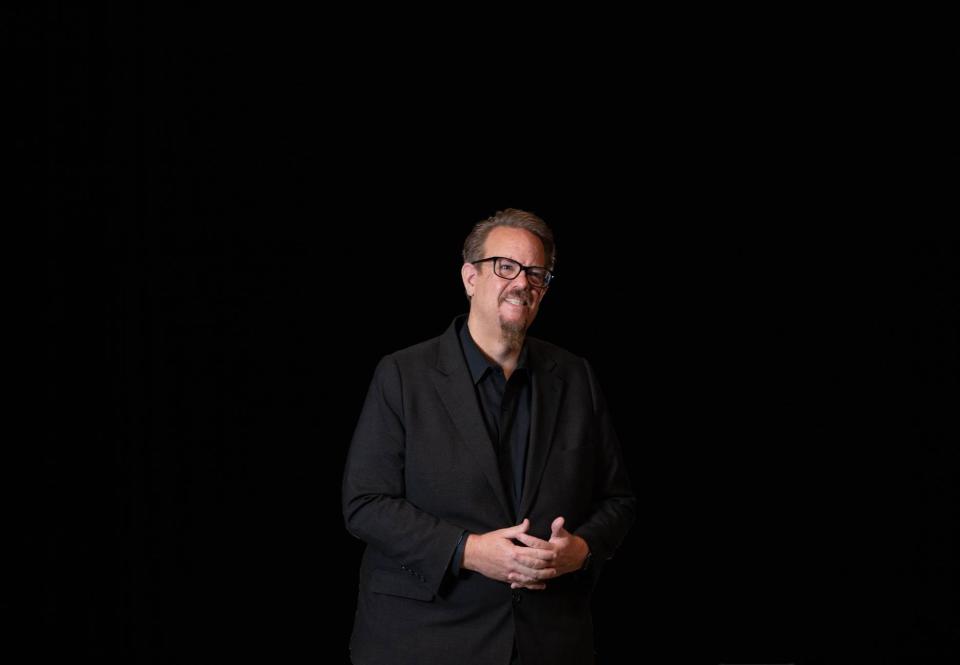
A post-Roe movement must promote a “womb to tomb” ethic, one that values the God-given value of life regardless of age, ethnicity, class or apparent contribution to society. We value life simply because it is life that God has given, and that means in the womb and until death.
Imagine the immeasurable good a consistent Christian ethic of life could do – transcending partisan talking points or organizational affiliations. Imagine Christians caring for unwed mothers, speaking up for unborn children, providing homes for foster children, caring for the poor and vulnerable, loving the refugee and the immigrant, and protecting the elderly and widows.
Actually, contrary to what you may have read, much of that is already happening – and in a post-Roe moment, we will need it even more so.
— Ed Stetzer is a dean and professor at Wheaton College. Follow him on Twitter: @EdStetzer
A requirement that is pragmatic
How can a country founded on the protection of religious freedom make a lifesaving medical procedure illegal based on the religious conviction of some?
In the case of Judaism, both written and oral law require that the life of a mother take precedence over the life of a fetus, no matter its gestational age. Far from reflecting disregard for the sanctity of life, this requirement is pragmatic. The viability of a child born without a mother, or to a mother unable to parent that child, is precarious. Better to preserve the life and well-being of the mother so she can care for the children she already has, as well as those yet to be born.
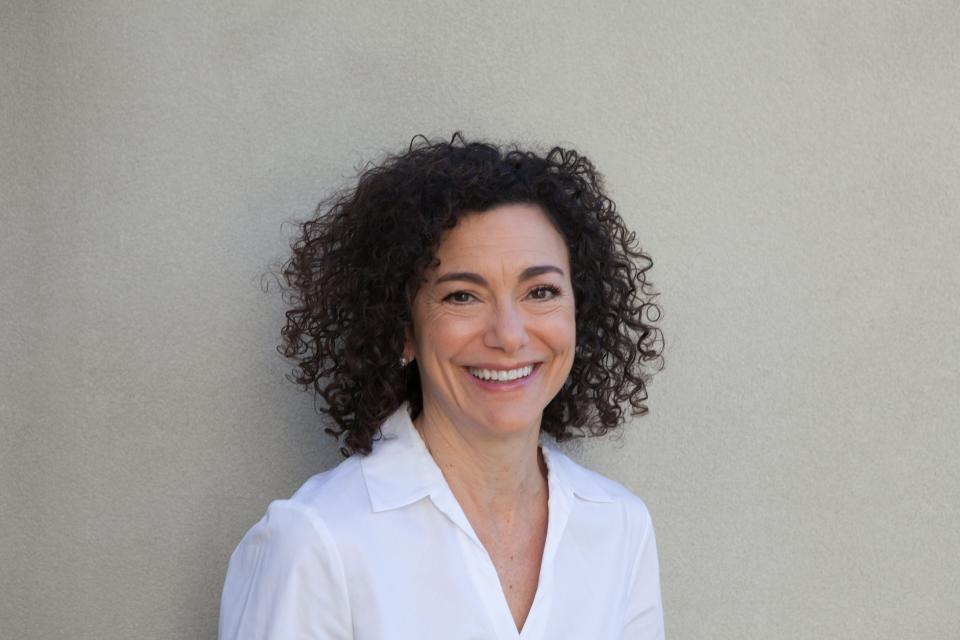
Jewish law also demands that a physician do everything possible to preserve life, to treat illness and to relieve suffering. To make any standard medical procedure illegal for a doctor to perform puts that doctor in a position of having to choose between U.S. law and Jewish law. For Jews, the problem is not overturning Roe v. Wade. The problem is criminalizing a lifesaving medical procedure.
— Rabbi Nancy Kasten is Chief Relationship Officer, Faith Commons, Dallas, Texas. Follow her on Twitter: @NancyKasten2
Overturning Roe would have a devastating impact
The best thing for the Supreme Court to do is to listen to the majority of Americans (including 68% of Catholics) who do not want the Supreme Court to completely overturn Roe v. Wade.
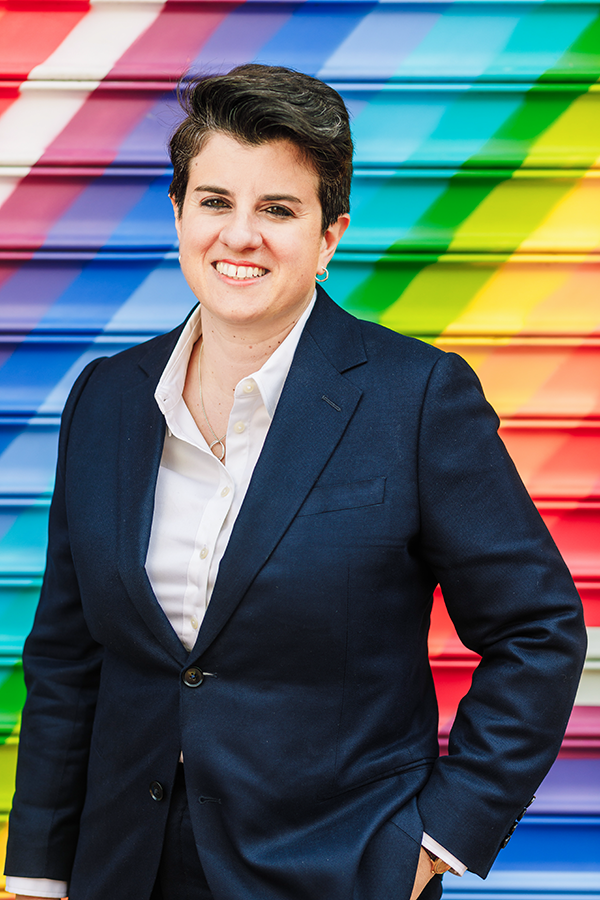
If the Supreme Court decision overturns Roe, it will have a devastating impact on women and pregnant people across the country, especially those who already suffer profoundly under the sinful structures of racism, economic inequality, sexism and gender inequality. These are the marginalized and vulnerable people whom our faith commands us to care for first and foremost.
Rex Huppke: The truth might hurt. I guess that's why Fox News won't show the Jan. 6 hearing.
Regardless of how the Supreme Court rules, the Catholic majority who support abortion rights must redouble our efforts to live out our values – in our churches, in our communities and at the ballot box. Catholics for Choice stands ready to do the long-term, community-by-community work of emboldening people of faith to support abortion access and provide practical support for those seeking abortion care. We are here to let Catholics who support abortion rights know: You are not alone.
— Jamie L. Manson is president of Catholics for Choice. Follow her on Twitter: @JamieLManson
Reproductive health care is essential to the well-being of individuals and families
The overwhelming majority of Unitarian Universalists support keeping abortion legal in all or most cases. This is rooted in our core religious beliefs that affirm gender equity. It also reflects a moral commitment to the idea that reproductive care is health care and is essential to the well-being of individuals and families. As such, any anti-choice decisions by the Supreme Court infringe on our deeply held religious beliefs. Access to abortion and the right to choose is an issue of gender equality, bodily autonomy, religious liberty and access to health care, all of which are long-held Unitarian Universalist religious teachings.
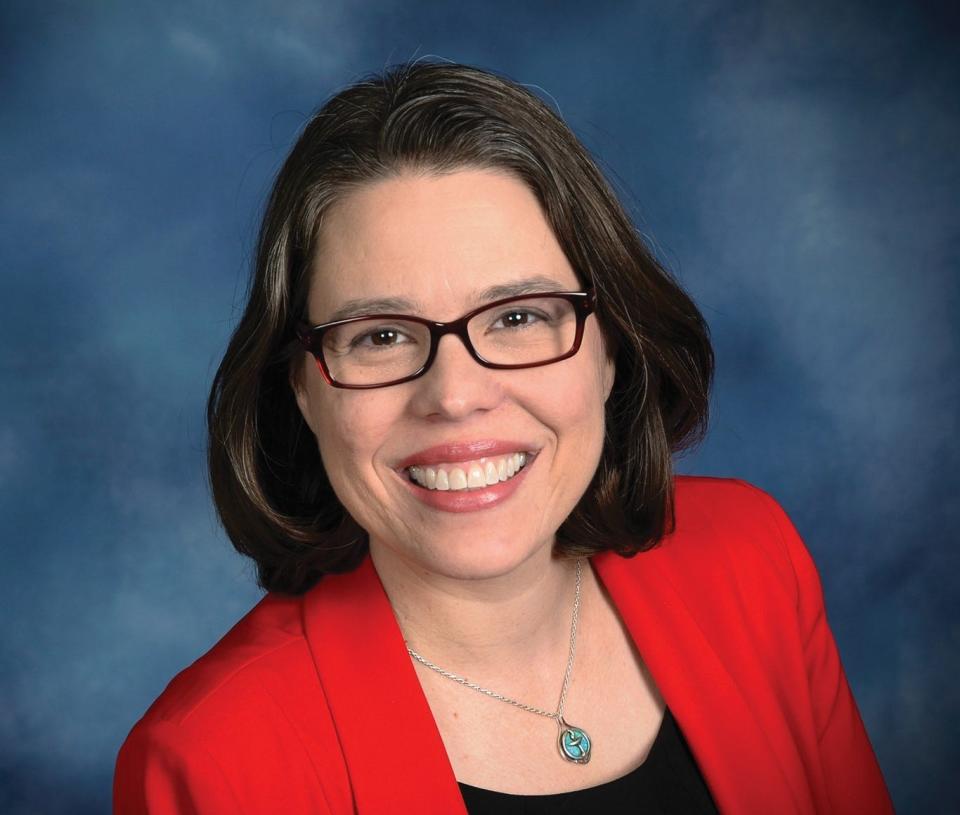
Any decision to curtail reproductive rights manifests the worst fears of those of us who have been working for decades to affirm reproductive rights. The burden of this decision will be felt most by people of color, young people, poor and working-class people, and those living in rural areas, who already do not have ready access to comprehensive and equitable reproductive health care, including access to abortion, and whose rights will be further limited.
Suzette Hackney: 'I don't want it to happen again': Even our babies know we're failing to protect them from guns
Unitarian Universalists are committed to the framework of reproductive justice, created by women of color. This framework affirms the human right to have children, not to have children, to parent one’s children in healthy environments, to safeguard bodily autonomy and to express one’s sexuality freely. The Supreme Court’s decisions do not alter that commitment. We recognize that with a decision to limit reproductive rights, the fight to support access to reproductive health care and reproductive justice will shift to state legislatures and state houses across the country. We are prepared to be a part of that ongoing fight.
– Rev. Susan Frederick-Gray is president of the Unitarian Universalist Association. Follow her on Twitter: @sfrederickgray
You can read diverse opinions from our Board of Contributors and other writers on the Opinion front page, on Twitter @usatodayopinion and in our daily Opinion newsletter. To respond to a column, submit a comment to letters@usatoday.com.
This article originally appeared on USA TODAY: Supreme Court abortion ruling: What faith leaders have to say

